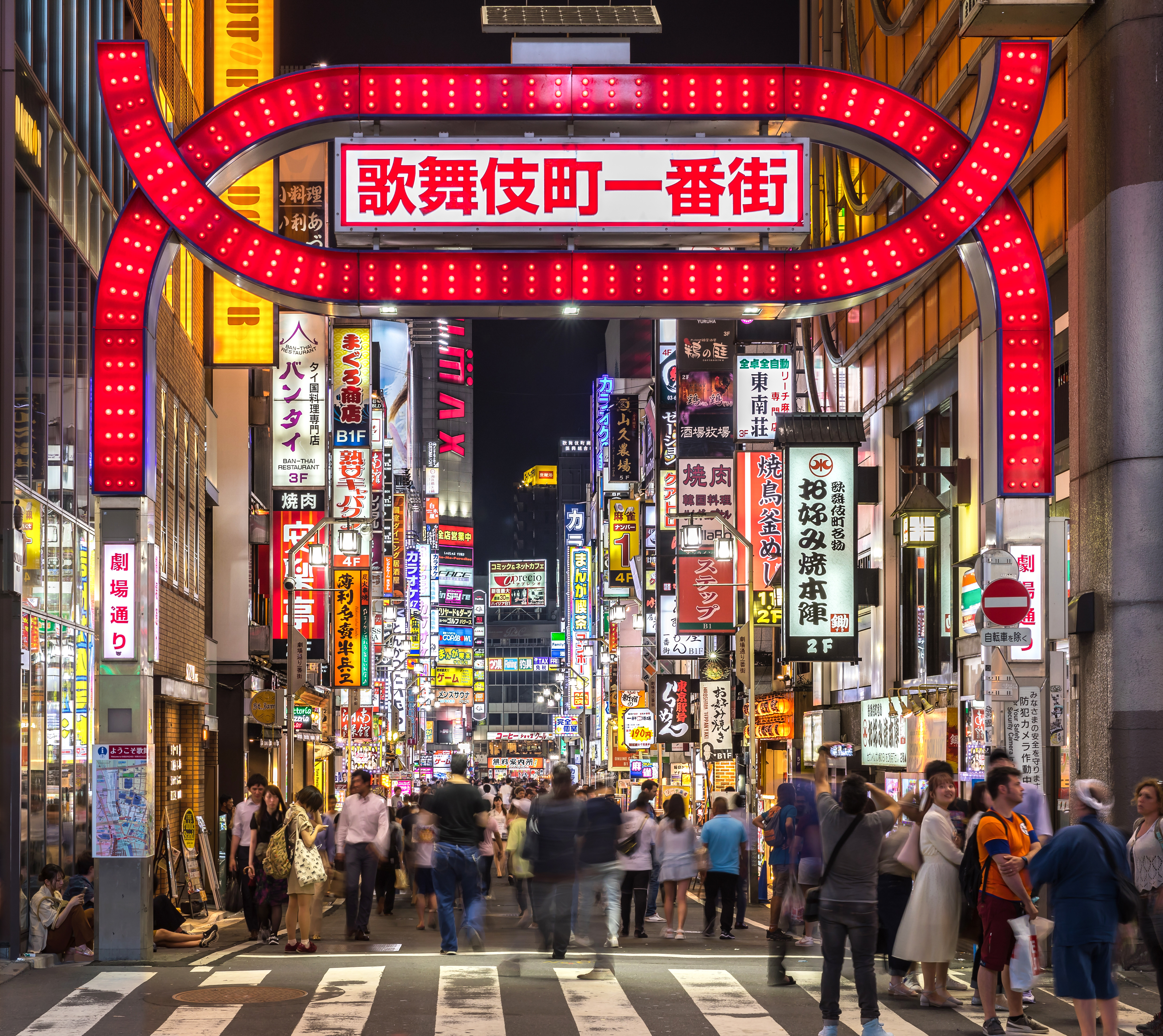Yakuza
Enlarge text Shrink text- Work cat.: Kaplan, D.E. Yakuza, 1986
Yakuza (Japanese: ヤクザ, IPA: [jaꜜkɯdza]; English: ), also known as gokudō (極道, "the extreme path", IPA: [gokɯꜜdoː]), are members of transnational organized crime syndicates originating in Japan. The Japanese police and media (by request of the police) call them bōryokudan (暴力団, "violent groups", IPA: [boːɾʲokɯꜜdaɴ]), while the yakuza call themselves ninkyō dantai (任侠団体, "chivalrous organizations", IPA: [ɲiŋkʲoː dantai]). The English equivalent for the term yakuza is gangster, meaning an individual involved in a Mafia-like criminal organization. The yakuza are known for their strict codes of conduct, their organized fiefdom nature, and several unconventional ritual practices such as yubitsume, or amputation of the left little finger. Members are often portrayed as males with heavily tattooed bodies and wearing fundoshi, sometimes with a kimono or, in more recent years, a Western-style "sharp" suit covering them. At their height, the yakuza maintained a large presence in the Japanese media, and they also operated internationally. In 1963, the number of yakuza members and quasi-members reached a peak of 184,100. However, this number has drastically dropped, a decline attributed to changing market opportunities and several legal and social developments in Japan that discourage the growth of yakuza membership. In 1991, it had 63,800 members and 27,200 quasi-members, but by 2023 it had only 10,400 members and 10,000 quasi-members. The yakuza are aging because young people do not readily join, and their average age at the end of 2022 was 54.2 years: 5.4% in their 20s, 12.9% in their 30s, 26.3% in their 40s, 30.8% in their 50s, 12.5% in their 60s, and 11.6% in their 70s or older, with more than half of the members in their 50s or older. The yakuza still regularly engage in an array of criminal activities, and many Japanese citizens remain fearful of the threat these individuals pose to their safety. There remains no strict prohibition on yakuza membership in Japan today, although many pieces of legislation have been passed by the Japanese government aimed at impeding revenue and increasing liability for criminal activities.
Read more on Wikipedia >
 Topic
Topic






